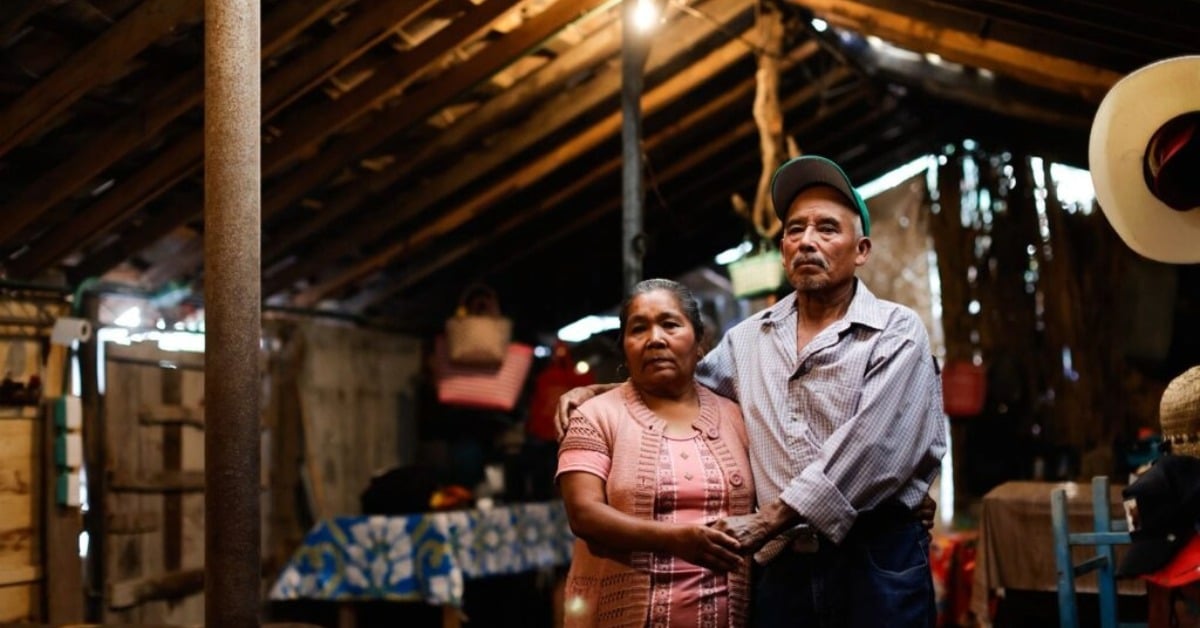The “Luces de Esperanza” program in Puebla, backed by Iberdrola, installs solar panels in 112 off-grid homes, improving life for 473 residents of rural Mexico . . .

The “Luces de Esperanza” program in Puebla, backed by Iberdrola, installs solar panels in 112 off-grid homes, improving life for 473 residents of rural Mexico . . .
